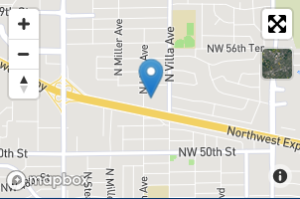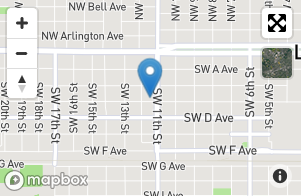405-616-4949
Oklahoma City Location
580-354-9000
Lawton Location
Oklahoma City Location
Lawton Location
For more resources on filing bankruptcy, please check out The United States Courts. If you have any additional questions or would like to schedule a FREE consultation with DebtKillerOK.com, call us in Oklahoma City at 405-616-4949 or in Lawton at 580-354-9000.
What if: I am behind on my mortgage payments?
Chapter 7: You can discharge your mortgage debt, but the mortgage company can foreclose on your home.
Chapter 13: You can propose a repayment plan that allows you to keep your home.
What if: I filed for bankruptcy a few years ago?
Chapter 7: You are not eligible for Chapter 7 if you received a bankruptcy discharge within the past 8 years.
Chapter 13: You can repay your debts through a repayment plan. However, if you received a Chapter 7 discharge within the past 4 years or a Chapter 13 discharge within the past 2 years, you can not receive another discharge.
What if: I am behind on my child support payments?
Chapter 7: Chapter 7 does not prevent the collection of past-due child support, including contempt proceedings.
Chapter 13: You can repay your past-due support debts in your repayment plan. You are required to remain current on continuing support payments.
What if: I owe money on student loans?
Chapter 7: Student loans cannot be discharged except in cases of “undue hardship.”
Chapter 13: Student loans cannot be discharged except in cases of “undue hardship.” Student loans are treated like other unsecured debts; you can repay them partially or in full depending on your ability to pay.
What if: I am behind on my car payments?
Chapter 7: You can discharge your car loan debt, but the lender can repossess your car.
Chapter 13: You can propose a repayment plan that allows you to keep your car.
What if: My income is above the Oklahoma median income for a family my size?
Chapter 7: You may not be eligible for Chapter 7 relief unless unusual circumstances exist.
Chapter 13: Your repayment plan will be based on your ability to repay your debts.
What if: I owe mostly medical and credit card (unsecured) bills?
Chapter 7: You can discharge these debts (subject to your eligibility for Chapter 7).
Chapter 13: These debts can either be paid through a repayment plan or discharged.
What if: I own property that is not “exempt” (luxury goods, second homes, interests in businesses or investments)?
Chapter 7: Non-exempt property will be sold and the proceeds paid to your creditors.
Chapter 13: You can keep your non-exempt property by repaying your debts in Chapter 13.
What if: I owe criminal fines or restitution?
Chapter 7: Chapter 7 will not protect you from collection of criminal fines or restitution.
Chapter 13: Chapter 13 will not protect you from collection of criminal fines or restitution.
free consultation
When you need help with bankruptcy proceedings, turn to Bankruptcy Legal Counseling Center of Oklahoma. Attorney Jeffrey E. West served his country, and now he serves his clients. At our local, Veteran-Owned business, we have 20 years of experience.
Depend on our expertise as a member of the National Association of Consumer Bankruptcy Attorneys (NACBA) and Oklahoma Bar Association. Call 405-616-4949 in Oklahoma City or 580-354-9000 in Lawton for a FREE consultation. You can come to our office, or we’ll come to you.
2525 NW Expressway, Ste 531
Oklahoma City, OK 73112
Tel: 405-616-4949
jeff@westbklaw.com

1101 SW C Ave
Lawton, OK 73501
Tel: 580-354-9000
jeff@westbklaw.com
